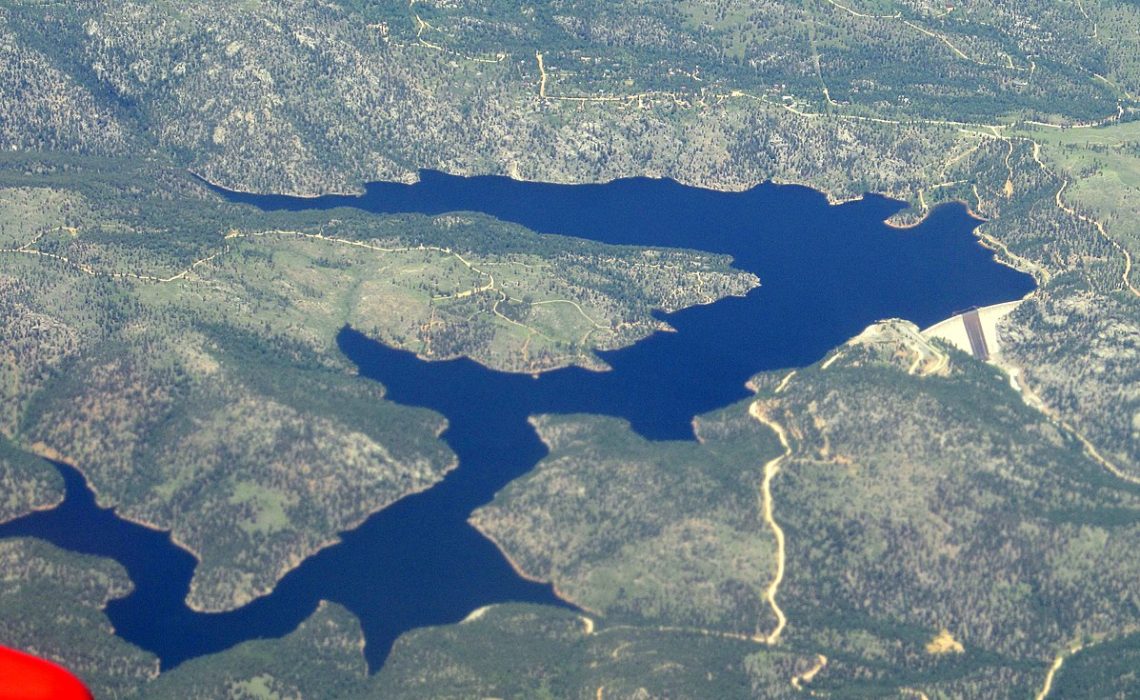
If you fly over the Rocky Mountains along the Front Range, you’ll see amoeba-shaped blobs of water dotting the landscape. But most of those blobs aren’t natural lakes, they are instead reservoirs. In fact, my hometown of Nederland, Colorado is perched upon the shores of Barker Reservoir.
Reservoirs and the accompanying dams built to hold the water are critical to providing water for the major cities on the plains. It’s a way to capture all that snow melting off the peaks for long-term water use.
But there’s a price to pay for many’s ingenuity.
Dams disrupt ecosystems, including fish, aquatic life and of course the larger ecosystem of the valleys flooded with water that no longer exist. The often ruin places of incredible beauty.
John Muir, famed conservationist and founder of The Sierra Club, fought to preserve the Hetch Hetchy Valley from this fate. Despite his best efforts, the dam was built, and the valley turned into a massive lake. All so the growing population of San Francisco would have access to its water.
Shortly after the Hetch Hetchy battle, Muir passed away. Some thought the battle and subsequent loss ultimately broke him.
Now the residents of Boulder County face a similar battle. The Gross Reservoir and dam were built over 60 years ago (1954). Denver Water wants to increase the height of the dam by 131 feet, expanding the reservoir by over 200 acres. This project would include the clear cutting of over 200,000 trees and create upheaval to the neighborhood as well as the ecosystem.
All of that is disturbing on many levels. But perhaps the most upsetting thing about the entire proposal is that all the construction would probably be for naught.
Water is highly prized throughout the west, so much so, that binding agreements dictate where the water generated by our snow melt goes. News flash! It doesn’t all go to Denver. Heck, it doesn’t all go to the state of the Colorado. According to David Bahr, Climate Scientist, agreements like the Colorado River Compact dictate water goes to other western states. So it would pretty much be illegal for Denver Water to ever fill the new Gross Reservoir.
Plus, there’s the water elephant in the room of our changing climate. Hotter summers will make for less snow melt, and less water for reservoirs anyway.
It’s interesting that Colorado is pursuing more dams and bigger reservoirs, contrasting greatly with other western states. States like Oregon and California have pursued dam removal during the last decade, citing environmental concerns for salmon and other species.
Here’s a thought. There’s another concept that Denver might want to explore to meet the needs of a growing population. It’s called conservation. What if people simply replaced their prized green grass with xeriscaping using native plants?
They might be surprised to find out that they don’t need any more dams or reservoirs. They would have all the water they need.

